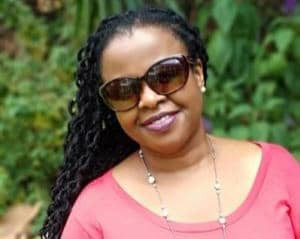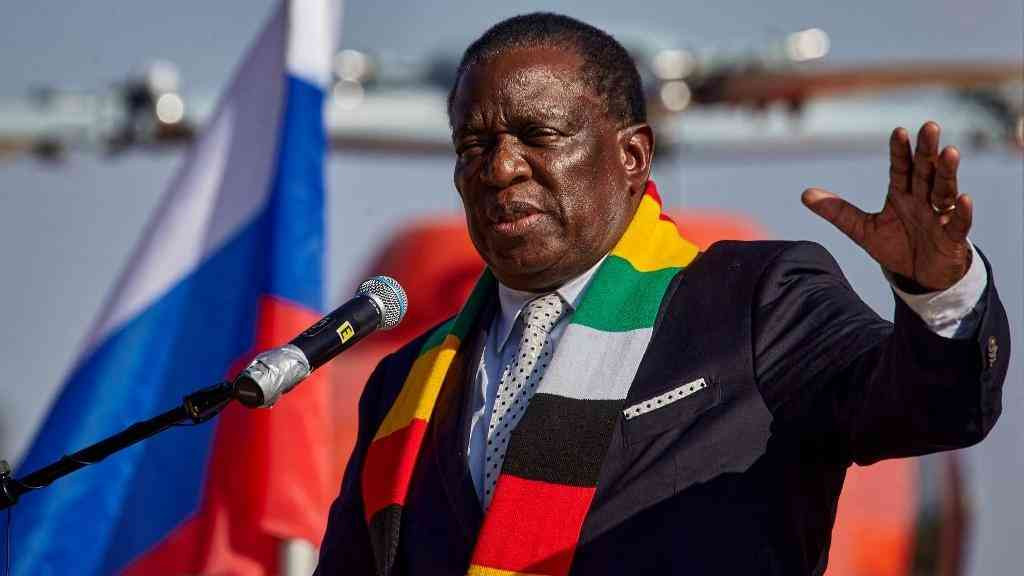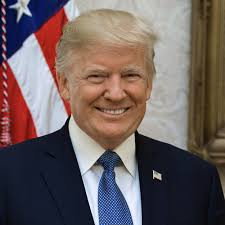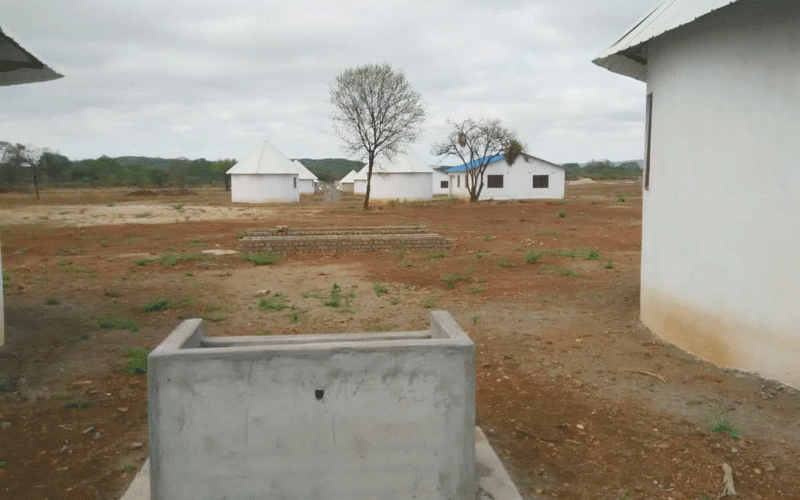ZIMBABWE’S government has turned down a proposed US$400 million platinum mining deal between Great Dyke Investments (GDI) and Zimbabwe Consolidated Diamonds Corporation (ZCDC), in which the state-controlled gems miner would have assumed 33% shareholding in the business.
GDI parent company Kuvimba Mining House (KMH) has been scouting for funding to bolster its capacity to develop a US$3 billion platinum mine in Mashonaland West since purchasing 50% shareholding in the firm in 2022.
The stake was previously held by Russian outfit, Afromet Joint Stock Company, which divested from the country in a dramatic move last year, precipitating fears that one of Zimbabwe’s biggest platinum projects would flop.
But as parties to the transaction were still negotiating, the Chiadzwa Community Share Ownership Trust (CCSOT) raised conflict of interest concerns against ZCDC chairperson Munashe Shava, who is also GDI chief operating officer.
CCSOT filed multiple complaints to various local and international agencies, warning that the deal would end up with ZCDC injecting substantial funds into private hands before fulfilling its undertakings to communities.
The trust represents community interests in ZCDC under a government policy that gives grassroots in close proximity to resources exclusive rights to tap into mines and develop their communities.
The Zimbabwe Independent can exclusively reveal that during a charged meeting between CCSOT executives and Mines minister Winston Chitando on March 4, the minister disclosed that the matter was not even an issue for discussion as there was no such deal between GDI and ZCDC.
Chitando did not disclose at what point the decision was made.
“The minister mentioned that the ZCDC/GDI share purchase transaction was just a proposal and he assured that the transaction was not going to be undertaken,” an eleven-page report produced after the high-profile meeting said.
“Before the end of June 2023, the operationalisation of the community concession will have been concluded. The minister promised that the management impasse at ZCDC would be solved soon.”
CCSOT had indicated to Chitando ahead of the meeting that both parties had to “review relations between the community, ZCDC and the Ministry of Mines from 2021 and identify sudden irregularities, which developed in this pattern”.
CCSOT representatives, who made a presentation before Chitando spoke, raised concerns against the deal. They said it would not work for the community.
“The community noted the conflict of interest involving Shava, who is ZCDC board chairperson and GDI chief operating officer at the same time,” the minutes state.
“The community also noted with concern how BancABC had been selected to offer transaction advisory services without going to tender. The bank charged US$24 million for a service the market guides to be not more than US$300 000 and a transaction which then, later on, turned out to cost only US$80 000.
Zimbabwe heads for crunch elections later this year and ruling Zanu PF party officials have embarked on an election campaign to secure President Emmerson Mnangagwa’s victory.
Mnangagwa has already made several trips to the area, canvassing for support.
A source told the Independent in April that “a team of six officers was dispatched to do a thorough investigation into what is going on. Three officers from counter intelligence and an additional three officers from the economic research department were conducting the investigation, which entailed gathering evidence from the Chiadzwa community”.
KMH promised to respond to the Independent’s questions but had not done so by yesterday, while both Mines deputy minister Polite Kambamura and permanent secretary, Pfungwa Kunaka also did not respond to questions.





